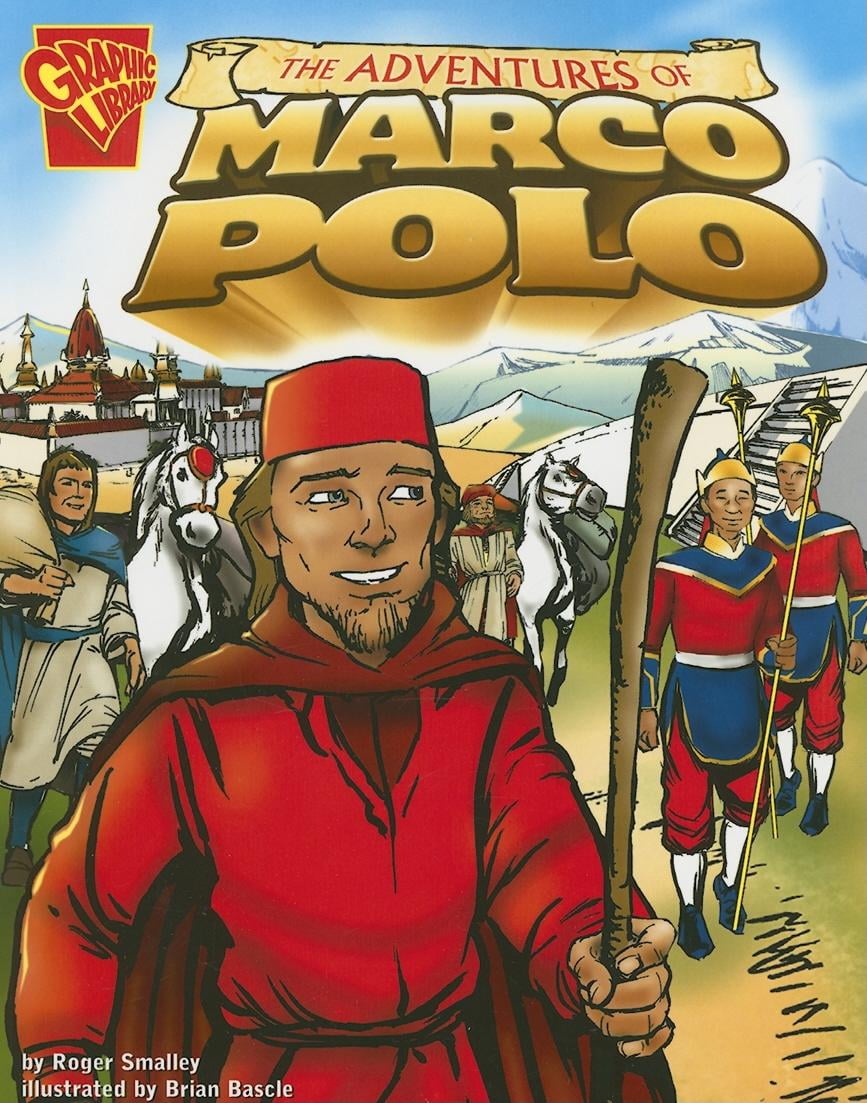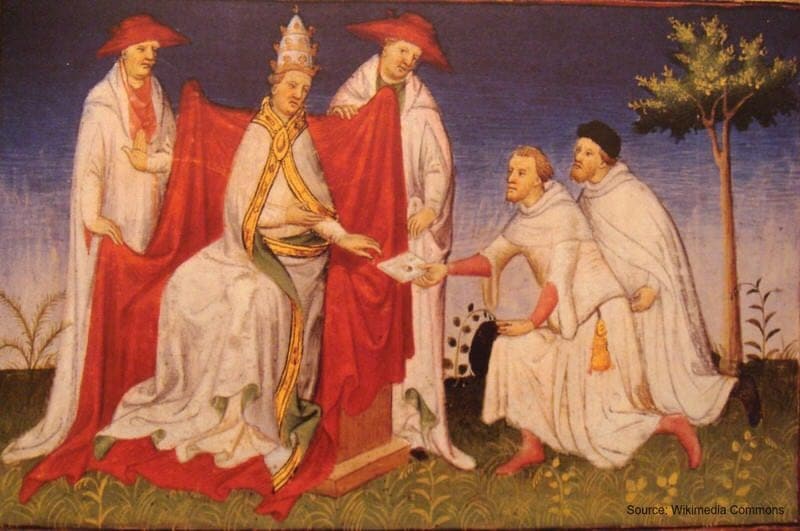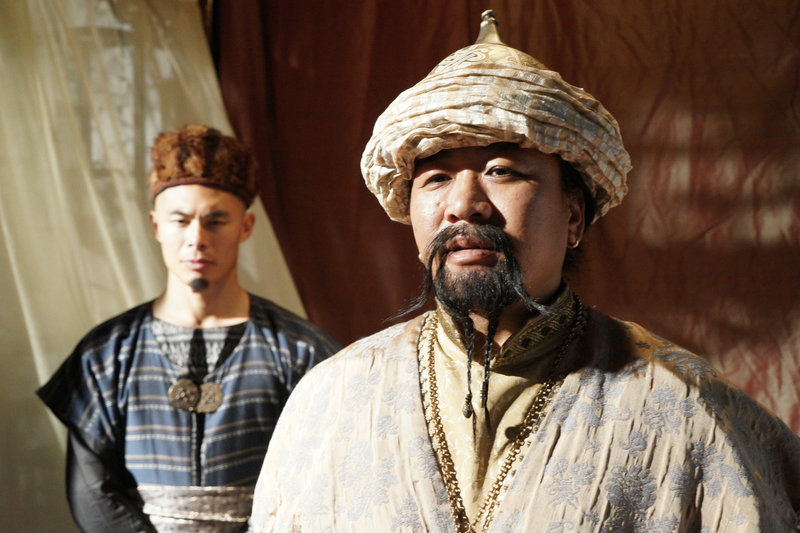


Marco Polo's account was not just a simple record of the journey, but a description of the world-a mixture of a travel report, legend, hearsay, and practical information.

According to tradition, while in prison he dictated the stories of his travels to a cellmate, Rustichello da Pisa, who wrote them down in Old French. He was taken prisoner by the Genoese in 1296. Marco Polo soon was caught up in the war between Venice and Genoa, for which he equipped and commanded a galley in the Venetian navy. The three Venetians returned to their native city by sea in 1292-95. He then spent 17 years serving Kublai Khan (1215-94), grandson of Genghis Khan and conqueror of China, for whom he undertook assignments in China as well as in South and Southeast Asia. Accompanied by his father Niccolò and his uncle Maffeo, Marco Polo travelled overland to China in 1271-75. It was sold to Queen Christina of Sweden (1626-89) in 1650. Later it was part of the library of the French book collector Alexandre Petau. It is possibly one of five manuscripts relating to Marco Polo's journey that belonged to King Charles V of France (reigned 1364-80). This manuscript from about 1350 is one of the oldest extant copies of Les voyages de Marco Polo (The travels of Marco Polo), the account by the Venetian merchant Marco Polo (circa 1254-1324) of his adventures in Central Asia and the Far East during the latter part of the 13th century.


 0 kommentar(er)
0 kommentar(er)
